
Finding Our Way Home Part III: Finding Community
The mountain on which I live, the animals and plants, the climate, the river and underground spring… actually the land and all it encompasses... this is my community.

When Government Works
Now more than ever we need to focus on our local community for our needs, perhaps all our needs in the future. Our support comes from our immediate environment—both the land itself and the people. This is where we need to place our energy, this is where our responsibility lies.
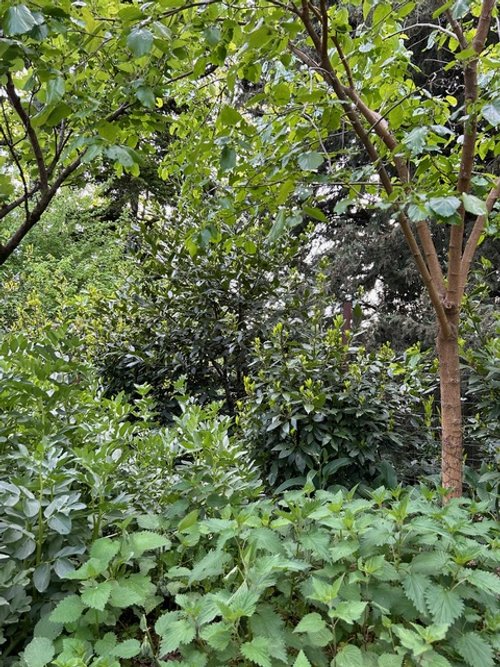
Finding Our Way Home - Part II
Every tree I plant is a small but positive and assertive act of defiance against the brutality we inflict on one another, most of our animals, and our ecosystems.
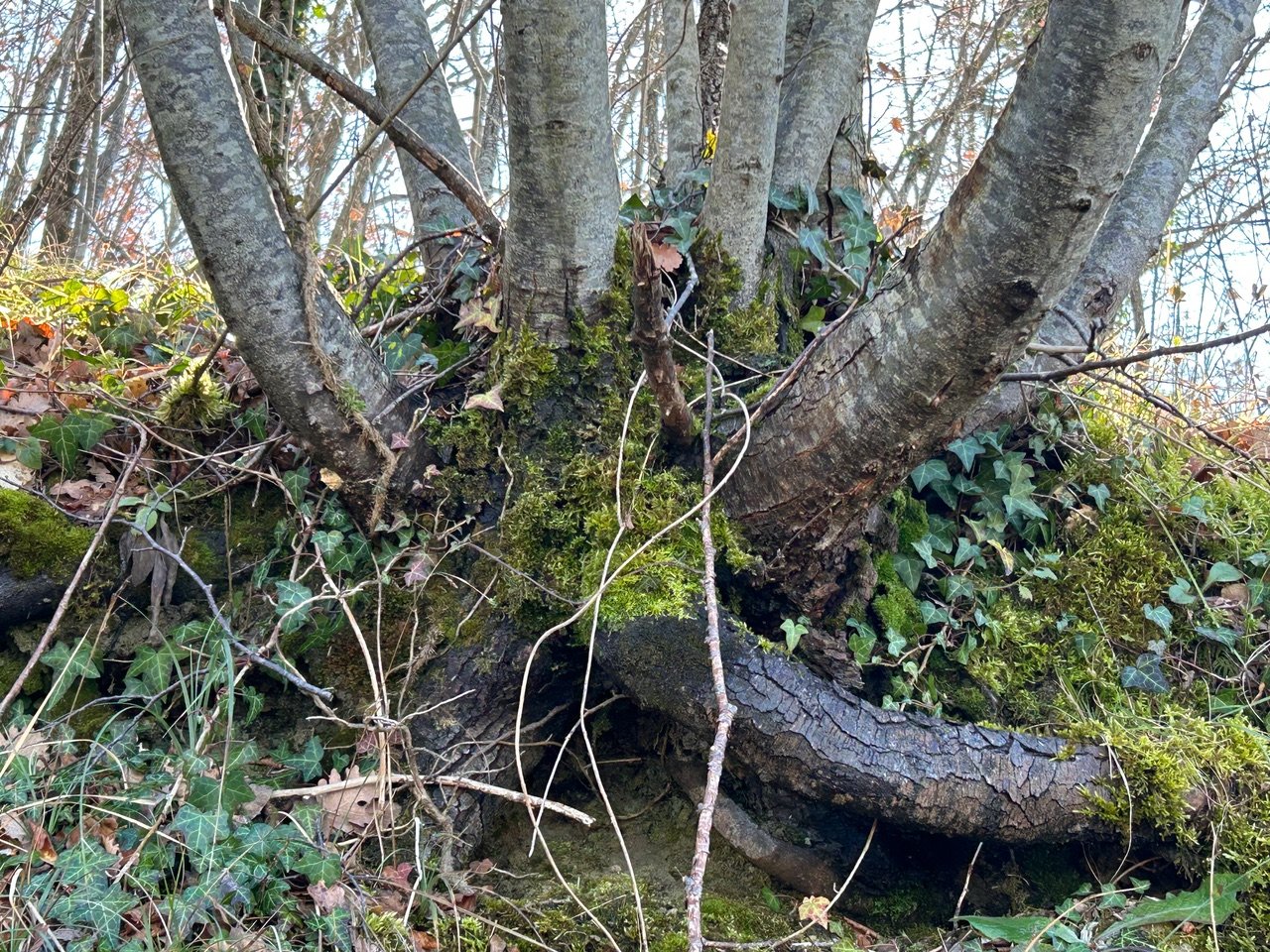
Just Plant Trees? It’s Not So Simple
Plant more trees. I hear that constantly. Yes, of course we need the trees. But planting trees is no longer the solution to the enormous level of emissions in our air. Nor is it simple to just plant a tree. And though, our forest ecosystems have been a tremendous carbon sink in the past, and planting trees is a worthwhile endeavor, it is not a panacea for our environmental problems.

Planting Seeds
My anger had transformed the soil, the compacted water-saturated mud, into fine earth perfect for planting seeds
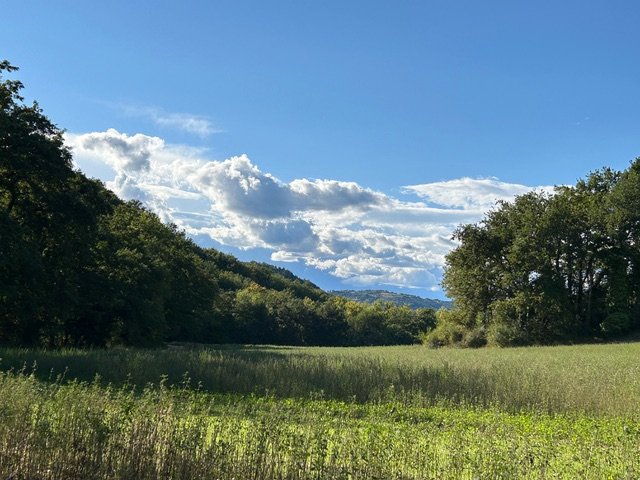
FINDING OUR WAY HOME
If our species is to survive at all we cannot wait, we cannot hope that technology will save us. Time to say we have enough. Enough. And perhaps what we really need is less. Most all of us can survive on much less. Living smaller is where it begins and it leads us closer to the world of our origins.

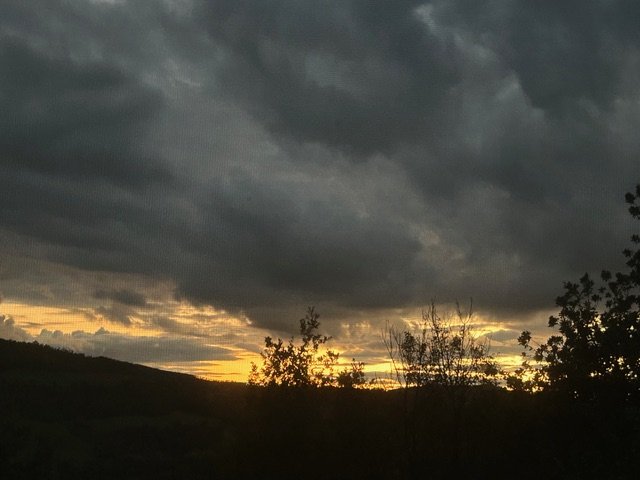
All Hallows Eve
I love this season. The dark is rising. The twelve hour evening hibernation is just what is needed after the long summer workdays.
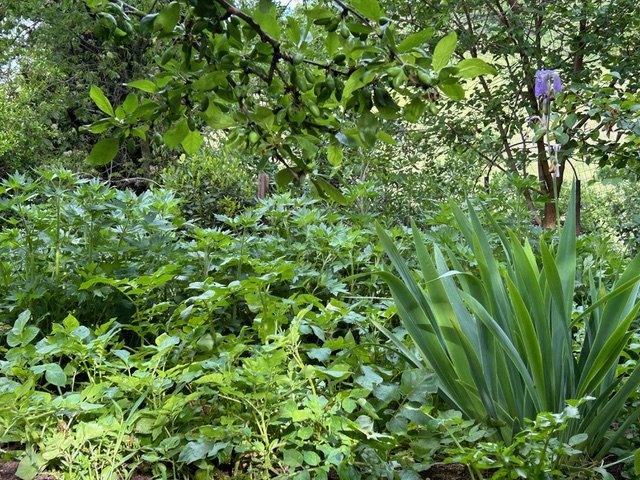
Whatever Works
Farming is a science but it is also an art. There is no one book, one philosophy, one six-week course which can teach that. We need observant people to produce our food, hands on - not robots, not directives from the main office. Working with inevitable change is critical. There are no rules now which cover farming. But really, there never were.

WE REALLY NEED A PLAN
We tell ourselves that when the shit hits the fan, the local farms will feed us. That would be wonderful but in fact it is not possible. Not now.
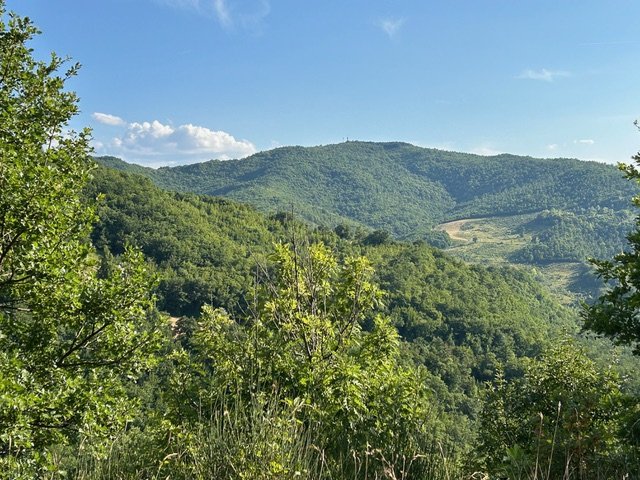
FARM LIKE AN ECOSYSTEM PART IV: Rainwater Harvesting
A large part of sustainable farming, sustainable living, is about planting more trees and saving rain. It’s about farming like an ecosystem, imitating what Mother Nature does with her forests and meadows.
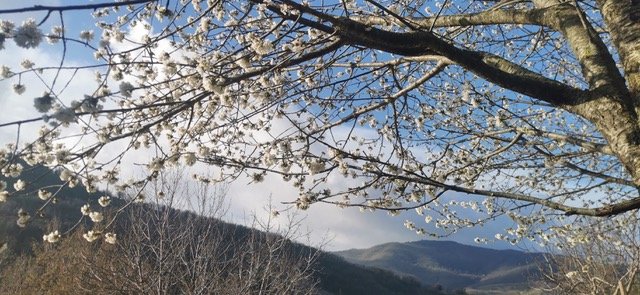
CULTIVATING BEAUTY
Beauty and pleasure are concepts which engage others, perhaps countering many of the stereotypes of farm work.

A SPRING EQUINOX FABLE
Spring affords a time to see things from a new perspective — our work, our families and friends, our passions and beliefs. The perfect time to re- examine our world. We can start over. A new beginning.

FARM LIKE AN ECOSYSTEM PART III: WILD FARMING
What is created on our farm—the food, the beauty, the well being—is determined by the rest of the ecosystem—the water, the soil, the trees, the specific plants, the wild animal visitors... Part of my job description is being responsible for the health of the land on which I live, as well as the land surrounding it, as it has a direct effect on the growing food.
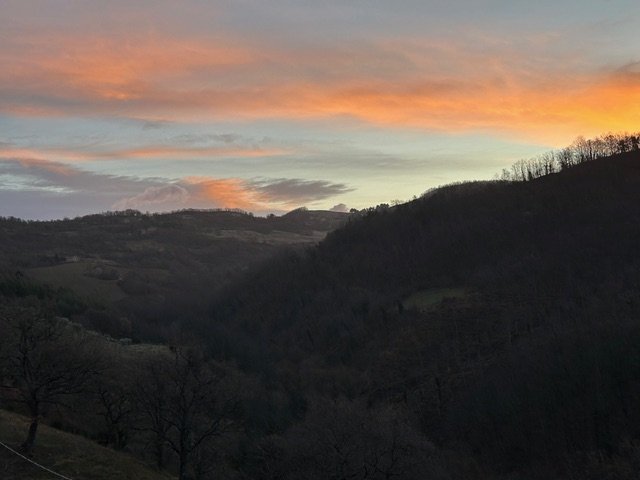
Deep Winter Beauty
Deep winter has given me enough time to take a long pause to appreciate what I have. At this moment. Whatever I have right in front of me. By the time dormancy is broken, when there is bud break, when the sun is higher in the sky, the day lengthening and the soil warming I will be so very ready to get my hands in the soil. But until then I am on vacation.
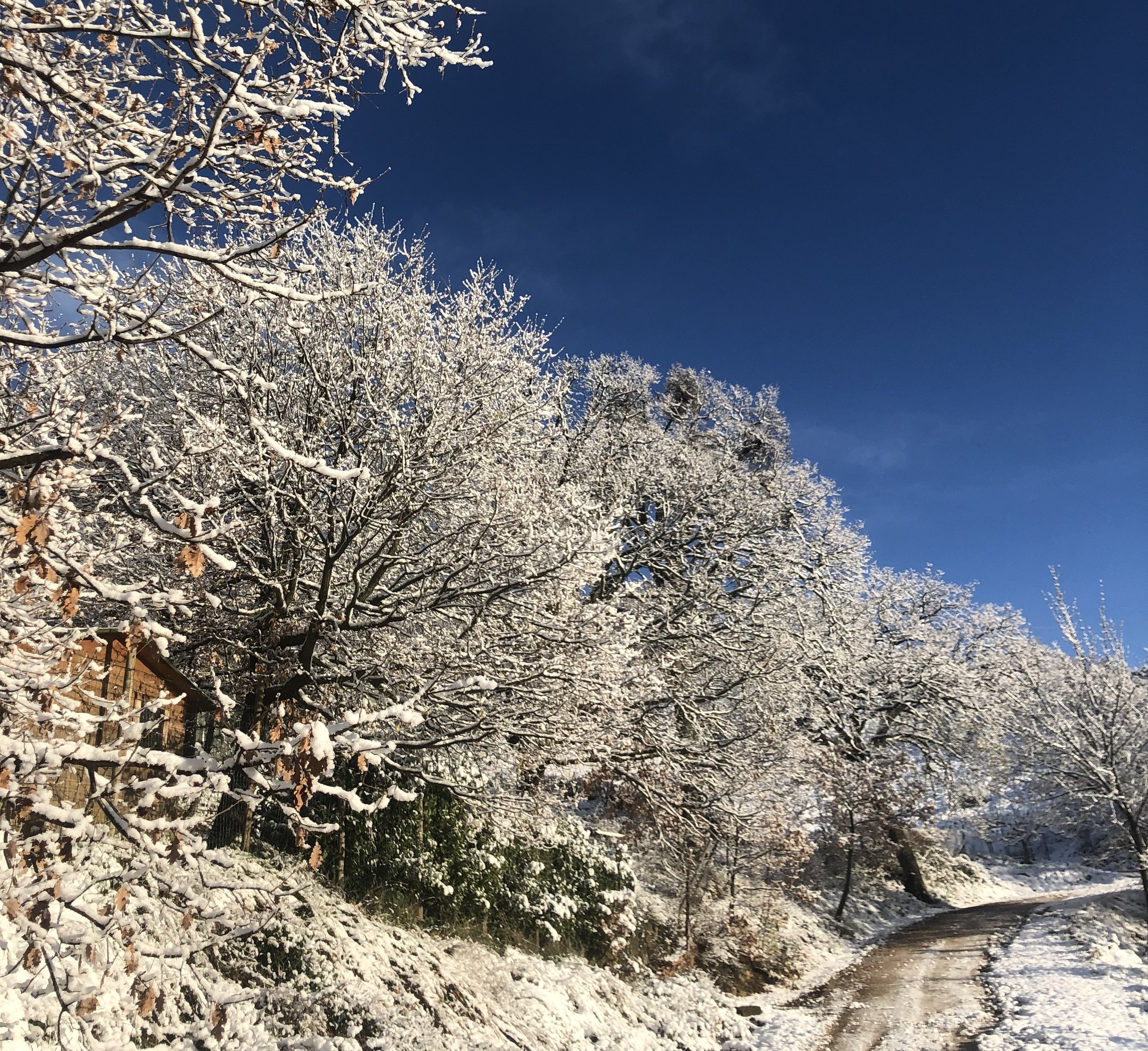
WINTER SOLSTICE 2023
The weeks leading up to the winter solstice are my time out, a time to nourish myself, store up energy. I am unapologetic about going into hibernation, unrepentant about doing next to nothing, recharging my batteries and incubating ideas.

WELCOMING THE WEEDS
The first plants to re-colonize a habitat are called opportunistic weeds. There may have been a flood or a forest fire which devastated the immediate ecosystem. These plants are critical in rebuilding both the communities below and above the ground. They are the first to arrive on the scene because they are flexible about their growing conditions. They are not fussy about the amount of moisture, soil type, or fluctuating temperature available. They grow rapidly and are quick to germinate. It is their job to restore biodiversity to a devastated ecosystem—to heal the literal earth—and prepare it for the next migration of larger, slower-to-colonize, more deeply rooted plants and tree saplings.

IN PRAISE OF MY CO-WORKERS
The chickens I have known have never disappointed me. They are the cornerstone of my no-tech, no expense, off-the-grid farm backup system. Our small herd of fifteen are the ultimate in IPM (Integrated Pest Management). I count on them in case of a plague of locusts or an armada of slugs. The composting bin is in one of their foraging yards and they are in charge of turning it regularly.

FARM LIKE AN ECOSYSTEM
Farming has become a euphemism, a delicate term for something offensive or unpleasant... industrial agriculture.
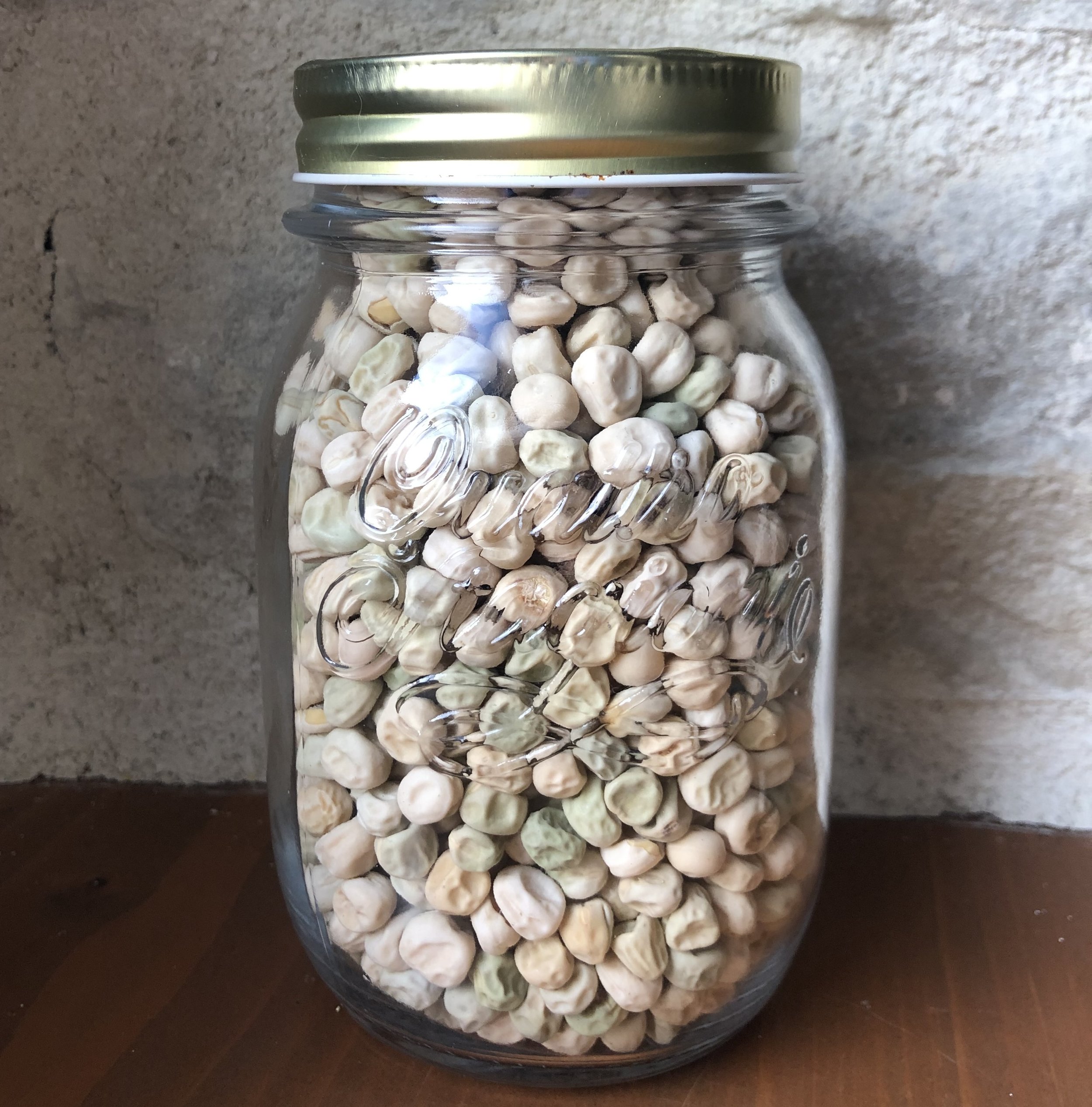
April: Saving Our Seeds
I am stepping back and letting the locally-adapted food plants take charge. A self-supporting ecosystem is emerging. It is so much easier than the constant warfare with the natural world which could almost be the definition of our current agriculture.